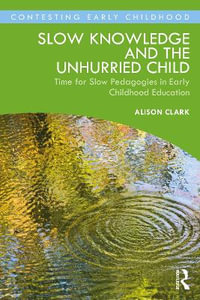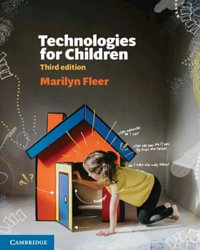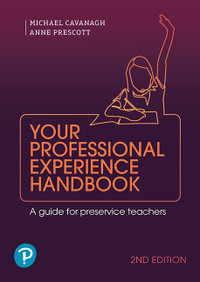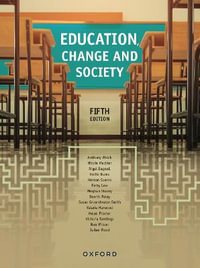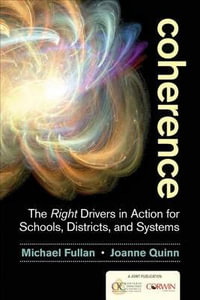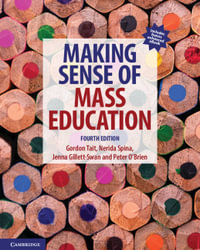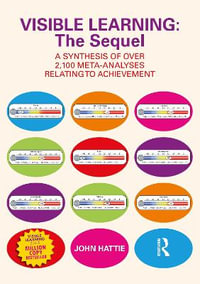
Teaching for Experiential Learning
Five Approaches That Work
By: Julie A. Carlson, Scott D. Wurdinger
Paperback | 16 December 2009
At a Glance
Paperback
$150.95
Aims to ship in 10 to 15 business days
Industry Reviews
Wurdinger and Carlson clearly understand that experiential education is a broad concept that is not narrowly defined to a specific methodology or programmatic manifestation. This is a commendable effort to develop language that experiential educators from very different perspectives can use to talk with one another and to the broader world of educational policy making in general. -- Jasper Hunt, coordinator, Experiential Education Graduate Program, Minnesota State University-Mankato
The book provides conceptual understanding and is nonprescriptive in the delivery of theory and knowledge about this growing field that is crossing different academic content borders.... Written in a user-friendly style, this book is quite easy to read and is useful for different audiences.... Recommended. * CHOICE *
After reading the book I find the approaches unassailable. The author's of this book have discovered five major themes of importance if the education system in America wants to get it right: 1. Motivation and interest is always the key to learning 2. Learning is much more complex than regurgitating facts 3. Applying, doing and producing enhances long-term memory and productivity 4. Schools and teachers that use the experiential methods discussed in this book produce a different and superior set of skills than do schools that are using traditional delivery methods 5. This superior set of skills is not measured by NCLB and AYP measurements. Research and experience as discussed in this book prove that experiential forms of learning are superior in many ways. And the author's also point out that schools as presently structured can move in this direction. Or, if not, there are ways to create schools that restructure to accommodate experiential learning. What are you waiting for?? -- Ronald Newell, evaluation director, EdVisions Schools
After reading the book I find the approaches unassailable. The author's of this book have discovered five major themes of importance if the education system in America wants to get it right: 1. Motivation and interest is always the key to learning 2. Learning is much more complex than regurgitating facts 3. Applying, doing and producing enhances long-term memory and productivity 4. Schools and teachers that use the experiential methods discussed in this book produce a different and superior set of skills than do schools that are using traditional delivery methods 5. This superior set of skills is not measured by NCLB and AYP measurements. Research and experience as discussed in this book prove that experiential forms of learning are superior in many ways. And the author's also point out that schools as presently structured can move in this direction. Or, if not, there are ways to create schools that restructure to accommodate experiential learning. What are you waiting for? -- Ronald Newell, evaluation director, EdVisions Schools
ISBN: 9781607093688
ISBN-10: 1607093685
Published: 16th December 2009
Format: Paperback
Language: English
Number of Pages: 126
Audience: Professional and Scholarly
Publisher: ROWMAN & LITTLEFIELD EDUC
Country of Publication: GB
Dimensions (cm): 23.1 x 17.1 x 1.0
Weight (kg): 0.2
Shipping
| Standard Shipping | Express Shipping | |
|---|---|---|
| Metro postcodes: | $9.99 | $14.95 |
| Regional postcodes: | $9.99 | $14.95 |
| Rural postcodes: | $9.99 | $14.95 |
How to return your order
At Booktopia, we offer hassle-free returns in accordance with our returns policy. If you wish to return an item, please get in touch with Booktopia Customer Care.
Additional postage charges may be applicable.
Defective items
If there is a problem with any of the items received for your order then the Booktopia Customer Care team is ready to assist you.
For more info please visit our Help Centre.

